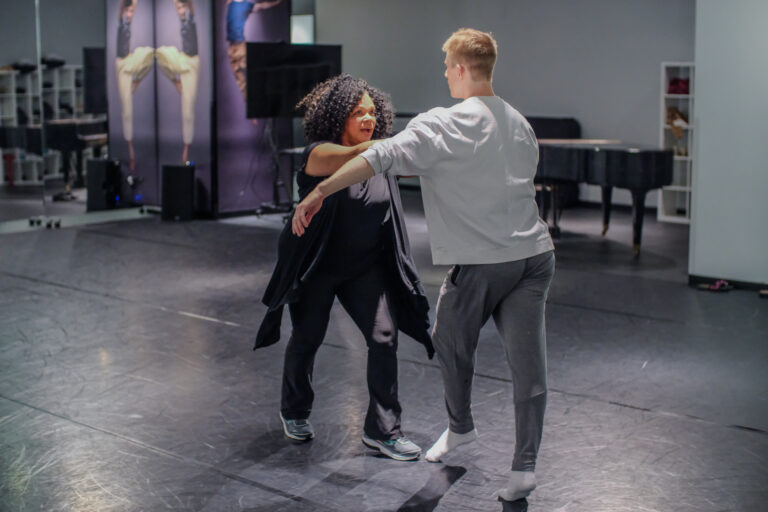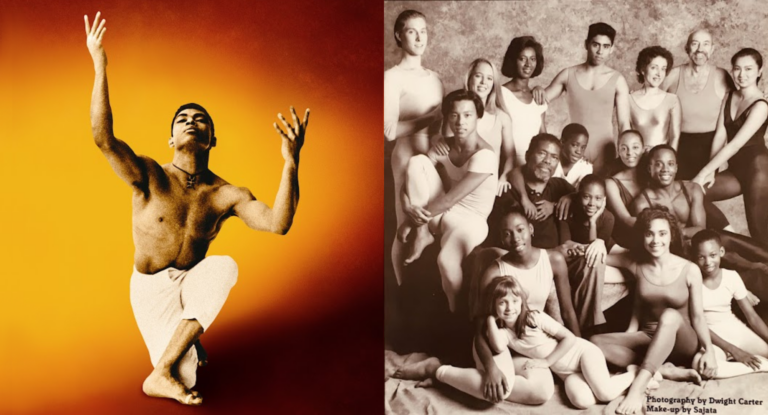Brain-Based Teaching in the Digital Age
by Marilee Sprenger
ASCD
In a nutshell: A resourceful guide to teaching and understanding students with a “digital brain.”
If students’ talk of wikis, blogs, Skype and Twitter sounds like a foreign language, this book has answers. And even for teachers who consider themselves tech savvy, Marilee Sprenger gives a deeper understanding of how advancements in technology affect students’ thinking and learning patterns. In addition to detailed descriptions of how the “digital brain” functions, she elaborates on less complicated but still enigmatic essentials like decoding abbreviations (LOL, TTYL) and emoticons ( :-> ). While Sprenger encourages educators to embrace the changing times, she recognizes the problems that today’s children face, such as becoming easily overwhelmed and having less-developed social skills. The author explains that striking a balance between digital and non-digital experiences is key. She uses personal anecdotes and case studies to put her advice into context, and she gives activity suggestions, like using music to manage movement within the classroom or creating mind maps to help students visualize. “Instant Messages” and “Text Messages” pop up throughout the 164-page book to offer extra facts and tips, along with a helpful “Glossary of Digital Terms.” —Rachel Zar
The New Teacher’s Companion: Practical Wisdom for Succeeding in the Classroom
by Gini Cunningham
ASCD
In a nutshell: How to deliver high-quality instruction.
For teachers just entering the field or those bogged down by the heavy responsibility of their job, Gini Cunningham has advice. Through comforting wisdom and humorous anecdotes, the veteran educator shares tips and tools to achieve daily excellence in the classroom. Readers will discover how to coordinate academic standards with lessons, how to prepare for the new school year during the summer, learn students’ names, create lesson plans that excite students (tip: factor in amazing facts and mind ticklers), monitor students’ growth, manage the classroom and avoid stress (hint: get up 15 minutes earlier each day to do something you enjoy). From her 28 years of experience, Cunningham has come to believe that the most successful teachers are those who take time to learn and grow every day. This ideal melds nicely with her book’s format, which allows readers to delve in by topics of interest. —Erica Hochstedler
Catching Up or Leading the Way: American Education in the Age of Globalization
by Yong Zhao
ASCD
In a nutshell: An opinionated theoretical critique of America’s education system.
Yong Zhao believes that American education is at a crossroads—we can either catch up to other countries’ test scores or lead the way in producing innovative and creative thinkers. Zhao argues that the enforcement of standardized testing coupled with a lack of knowledge about the global community does not nurture strong, creative, independent and innovative individuals. He states that reforms like No Child Left Behind “leads to homogenization of talents,” and he fears that schools will become test-prep institutions. His belief: “Education is about helping each and every child to realize his or her potential, not molding them into economic working beings for a state.” Zhao takes a look at the history of educational reforms and how they’ve been misguided, details the damage of standardization, using China as an example, and provides suggestions on how to prepare the next generation of students to be good global citizens. He believes it’s done by expanding the definition of success and how it’s measured, elevating the status of other subjects and teaching global and digital competency. —EH



